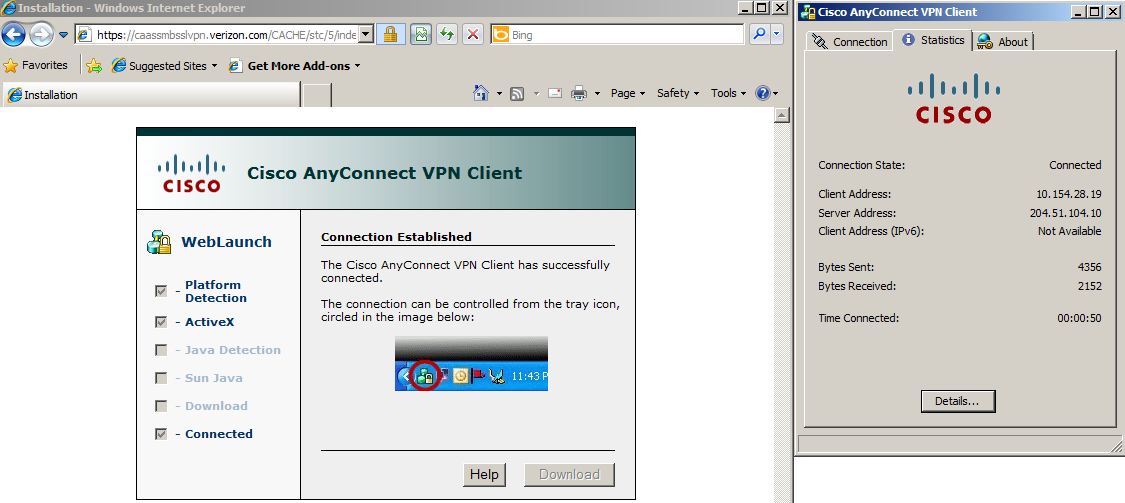Public And Private Hybrid Clouds: The Pros And Cons
Features
By
David Strom
published
Questions To Ask Your Provider
Before you get started with any hybrid arrangement, ask these questions of your prospective provider:
- Can you use VPNs to connect? You are going to want to have a secure method to access your servers and data, and most providers offer a virtual private network for this access. For example. Amazon offers its Virtual Private Cloud VPN service. Others only make use of secure HTTP browsers or remote desktop connections or SSH terminal sessions.
- Can you segment your network into Virtual LANs easily? This helps for extra security and makes your cloud easier to manage too.
- Are there any role-based or granular access controls? With some providers, access is an all-or-nothing proposition. Look for more granularity, where you can limit what ordinary users can do (such as preventing them from stopping or starting a virtual server or making changes to your virtual infrastructure).
- Are both Linux and Windows virtual server instances available? While you may not need both kinds of servers, it is nice to be able to bring up what you need down the road. On Verizon's CaaS services, for example, you can install a variety of both server operating systems, including 64-bit versions of Windows Servers.
- How do you set up and tear down a virtual machine instance? With many providers, this is done via a Web browser connecting to a portal page. Amazon has its Auto Scale and Elastic Load Balancer features to add or subtract computing resources. Others have simple copy commands so once you have a "golden" server configured, you can easily make clones.
Stay On the Cutting Edge: Get the Tom's Hardware Newsletter
Get Tom's Hardware's best news and in-depth reviews, straight to your inbox.
Current page: Questions To Ask Your Provider
Prev Page Why A Hybrid Cloud? Next Page Leading Cloud Migration VendorsTOPICS
David Strom is the former editor-in-chief at Tom's Hardware and the founding editor-in-chief of Network Computing magazine. He has written thousands of articles for dozens of technical publications and websites, and written two books on computer networking.
5 Comments
Comment from the forums
-
king smp Good info.Reply
Whether you like it or not cloud computing IS the future.
Ten years from now the traditional desktop/laptop is gone.
The future for home users will be web appliances tapped into the cloud and us paying not only for internet but for processing usage.
This was predicted back in the 1960's... -
iamtheking123 I guess I need a tshirt that says my email was in the cloud before the cloud existed. Just another buzzword for CIO's to throw around to sound intelligent.Reply -
Box293 The Cloud word has existed for a long time now. Look at old versions of Visio (before Microsoft purchased it) and they used a cloud to represent the Internet. Even our ISP has been using this term for 10 years now with their Private IP Cloud network.Reply -
It is so surprised why Colt is not been considered as Cloud provider as it has started offering various cloud functionality.Reply
-
William Smith A hybrid cloud is a combination of both public and private clouds. A hybrid cloud is a combination of public and private clouds bound together by either standardized or proprietary technology that enables data and application portability. It could be a combination of a private cloud inside an organization with one or more public cloud providers or a private cloud hosted on third-party premises with one or more public cloud providers. Hybrid clouds offer the cost and scale benefits of public clouds while also offering the security and control benefits of private clouds.Reply
